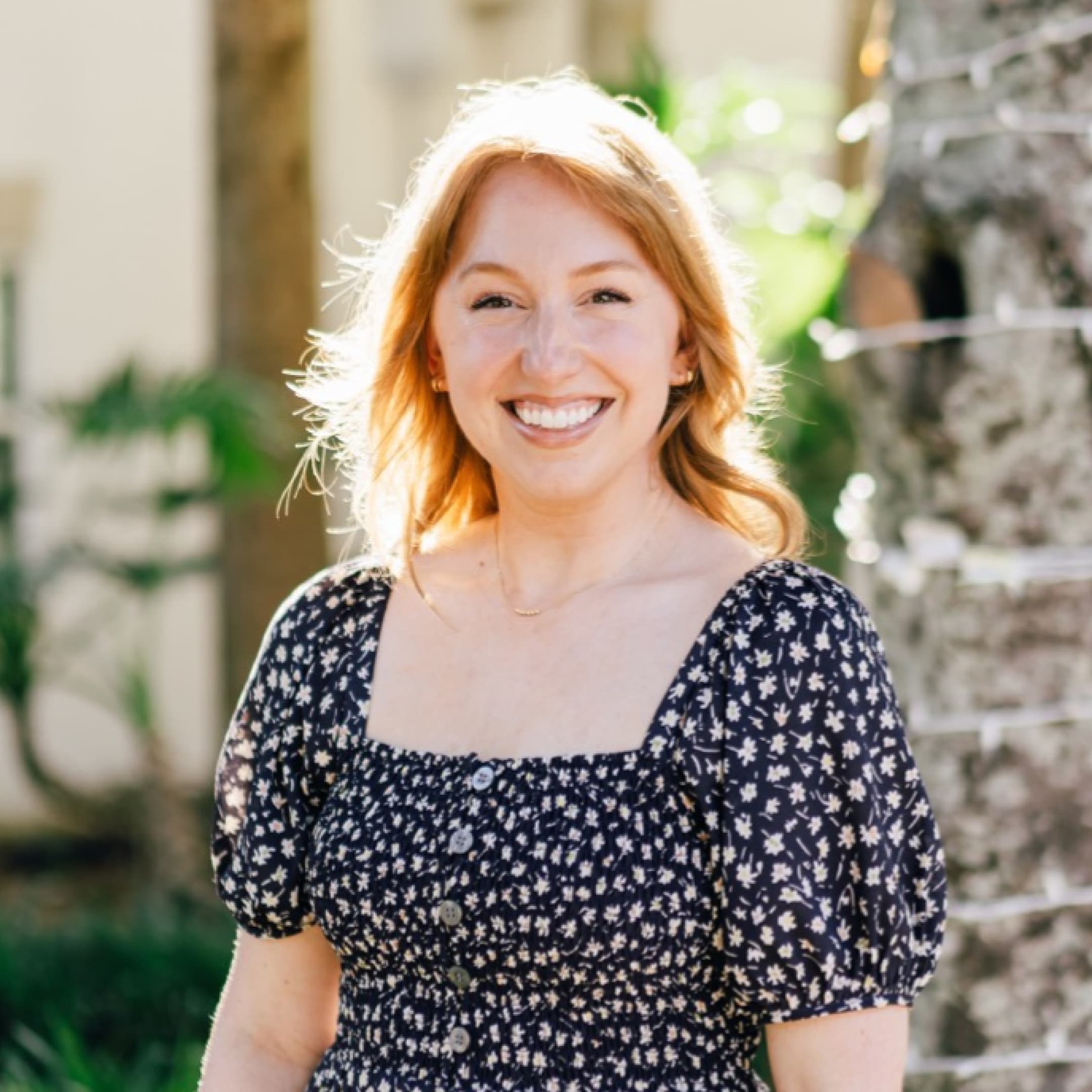Keeping it real at @theorganizedwallet on TikTok and at YNAB as a personal finance educator, Ashley Lapato has experienced budget guilt firsthand. That’s why she advocates a total mental reset over what that b-word means. Instead of being restrictive, Lapato suggests thinking about what each dollar can do for you, a mindset that can help you feel more blessed and less stressed when it comes to your paycheck.
FEATURED EXPERT: ASHLEY LAPATO

Ashley Lapato - Personal Finance Expert @TheOrganizedWallet and Content Manager at YNAB
How should I handle a financial curveball, like a layoff?
First, take a deep breath, and then make a plan. Start by assessing your current expenses, what savings you have, and, in the case of a layoff, what your severance package looks like. Once you have that information, take a look at your expenses. Just temporarily, I would recommend removing some of the fun categories so that you can see how far into the future your severance package will take you.
When I experienced job loss, I experienced how quickly everything fell apart after I didn't get that next paycheck. That was such a wake-up call. It took me a while to build it up, but now I have an income replacement fund. Right now, it’s three months, but hopefully, I’ll get it up to six months. It’s sacred to me, and its only purpose is to be there in case of a job loss. I hope to never use it, but the security of having it is so powerful.
What’s the biggest budgeting mistake people make?
People aren't asking themselves, “How do I want to spend my money?” And that sounds so simple, but it is such a mindset shift. So often, people think that money is something to be managed. But you could look at it like: "How do I want to show up in the world? Money is a tool that helps me do that.” It’s not how the world thinks I should spend my money or my parents or my employer, but, how do I want to spend my money?" This mindset shift puts you in the driver's seat.
One of my favorite things to ask people is, “If you're looking at your money plan, what can I learn about you from it?” Bills don’t tell me much. The more that we can see ourselves in our money plan, the less restrictive it feels. If you want money for “I love this little bakery down the street,” awesome. Add it to your money plan, and then there's no guilt. You just spend the money that's put in that little category and things are wonderful. You get the joy of the experience without that lingering second-guessing.
How can I leave enough room in my budget for flexibility?
Budgets, as I was taught, are restrictive and rigid. So I would try budgeting and get a couple of days into the month, and then something would happen. Then, I’d think, “Oh, I failed again. This isn’t working for me.” And I would abandon the budget.
What made all the difference was building money habits and recognizing that there’s no such thing as a normal month. Something always comes up. So it could be something like, I need to replace my tires and it costs more than I was anticipating. Instead of just giving up on the money plan altogether, I'll be like, “Okay, well, maybe I won't spend money on clothes this month. I'll move that money.” Or it could be something like a friend trip that is finally going to happen, and I need to buy plane tickets.
This isn’t failing. Having to change your plan in the middle of the month doesn't mean that you’re bad at money or planning, it just means that you got new information, and are making changes based on that.
What's the #1 thing I can do to take control of my finances?
Give every dollar a job. That way, you can look at your clothing category and see that there's $200 sitting there, set aside. Spending that money is not going to take money away from car insurance that's due in two months. That feels so good. We want to feel like we are not spiraling with our money. We have it under control, and that gives us a little bit of that mental space to maybe dream a bit bigger. Money is more than just paying bills, it's future fun things, too.
Should I pay off credit card debt or save for retirement?
Having competing money goals is very common, but there is no perfect prescription to help balance them all. I heard a good reminder on a podcast about prioritizing money goals: Everybody’s money situation is different, and your financial order of operations is going to depend on two things — the money you have right now and your priorities.
If money is limited, and you have to prioritize debt or retirement, ask yourself this one question: How do I want to spend my money? Maybe you want to go all in on debt so you can kick that monthly payment to the curb by next year. Or maybe you decide to split the difference so you don’t lose progress on saving for retirement. The way you choose to spend your money, no matter how limited, is an opportunity, not an obligation, and it should be a reflection of the life you are working toward.
This interview has been edited and condensed for clarity.
Live Smarter
Sign up for the Daily Skimm email newsletter. Delivered to your inbox every morning and prepares you for your day in minutes.
